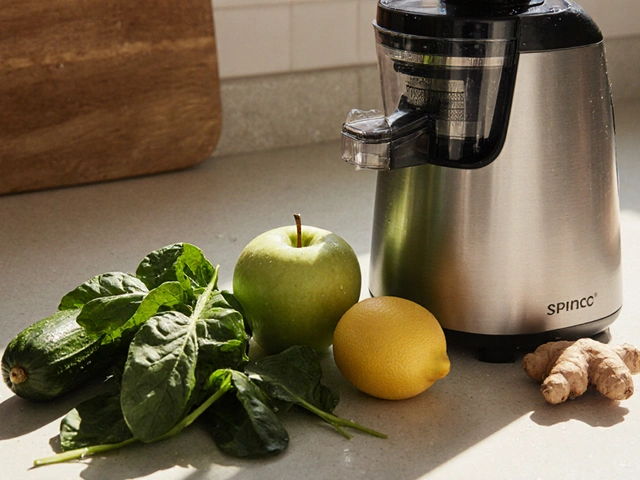Health worry — how to stop it from running your day
Worrying about your health is normal, but when it becomes constant it steals energy and sleep. If your mind keeps zooming to worst-case scenarios, you need a short plan you can use the moment panic shows up. Below are concrete steps that help right away—and habits that reduce worry over weeks.
Short tools you can use now
1) Grounding breath: sit, inhale for 4, hold 4, exhale 6. Repeat 5 times. It slows your heart and makes thinking clearer.
2) Worry notebook: set a 10-minute block each evening to write your worries. Outside that time, tell yourself you’ll park them until the next session. This contains repetitive loops so the mind stops running 24/7.
3) Check facts, not fears: when a troubling symptom shows up, ask three plain questions—How long? How severe? Has it changed? If answers are minor, wait a defined time (24–48 hours) before reacting. If anything is urgent, contact a professional immediately.
4) Replace checking with action: instead of endless web searches, pick one trusted source or call your clinician. Too much internet research fuels panic.
Habits that lower health worry over time
Sleep, movement, and food shape your baseline anxiety. Aim for consistent sleep, a short daily walk, and snacks that steady blood sugar—nuts, Greek yogurt, whole fruit. If stress triggers snacking, try our healthy snacks for stress eating ideas to feel fuller and calmer without guilt.
Mindfulness helps. Short daily sessions—5 to 15 minutes—train your brain to notice anxious thoughts and let them pass. If you prefer apps, check guides like our top mindfulness apps to find one that fits your routine.
Creative activities also work. Art, music, even simple drawing shift attention away from fear and can reveal feelings you didn’t realize you had. Our pieces on creative arts therapies show easy ways to start at home.
Physical care matters too. If muscle tension or pain feeds your worry, targeted therapies like sports massage can reduce pain and reassure you that your body is being looked after. For gut-related worry, small changes in diet can make a big difference—read our gut health and gastro health guides for simple fixes that help mood and digestion.
When worry feels too big or stops you from living, reach out. A talk with your doctor rules out serious causes. A mental health professional can teach coping skills that stick. If medication is needed, a clinician will say so—no guessing.
Try one short tool today and one habit this week. Track what helps. With small steps—breath, a worry notebook, better sleep, mindful apps, or a few therapy sessions—you can quiet health worry and get back to living.
Health Anxiety: How to Fight the Fear
Health anxiety is that nagging fear something’s wrong with your body, even if doctors say you’re fine. This article tackles why those scary thoughts creep in, what keeps them going, and how to break the cycle. Expect practical advice, from understanding your triggers to changing unhelpful habits. We’ll share simple ways to calm your mind and tips on getting real help if you’re stuck. No jargon—just straight-up help for anyone tired of feeling scared about their health.
View More





